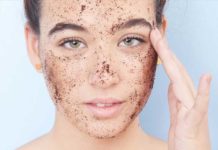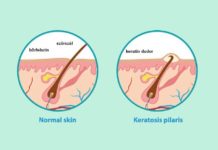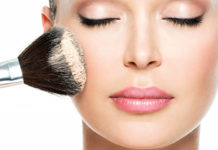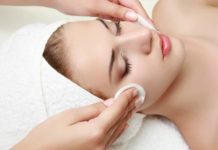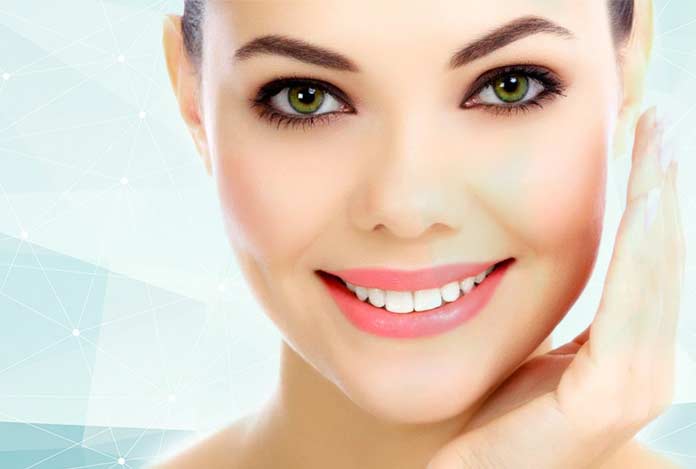
Have a Great Skin with These Dietary Modifications

We have all gone through times when our skin did not look attractive. Unless you are someone who has been blessed with a gorgeous skin since birth, you may need skin care tips. Skin care is not only about what you apply topically on your skin. The key to healthy skin is much more than the soap you use. It depends on whether you exercise or not, foods that you eat, amount of stress you are under, the kind of environment you live in. All these factors govern how fast your skin will age and what will it look like.
To help you with your skin care routine, Dr. Harold Lancer has shared some dos and don’ts for a diet which complements the strategies that you use for taking care of your skin. Discussed below are some of these skin care do’s and don’ts which will help in keeping your skin flawless and healthy:
Dietary Dos
- Eat organic foods: These days organic foods are very popular. Organic refers to the way how agricultural produce is grown and processed. Organic foods have useful nutrients like antioxidants as compared to foods that are grown conventionally. People with allergies to some types of food often find that their symptoms reduce drastically or go away with use of organic foods.
Organically grown foods have less amount of pesticides. In conventionally grown foods, chemicals like insecticides and fungicides are used which stay in the foods that we eat. Also, organic foods are fresh as they do not contain preservatives. No wonder organic foods are great for your skin.

- Eat vegetables: As compared to conventional fruits, organic ones are better. But, you should be careful about the sugar content as sugar can lead to acne. In addition, they can prevent the antiaging properties of the products that you use, and they may not work at their best. As vegetables have less sugar content, you can consume as much as you want.

- Choose organic meat: When you consume meat and poultry, choose ones that are organically raised for avoiding steroids, growth hormones and antibiotics.

- Drink a lot of water: 12 glasses of water are recommended for men in a day and around 8 glasses are recommended for women. It is important to watch your water intake. This becomes more important for people who exercise regularly or live in a hot and humid environment.
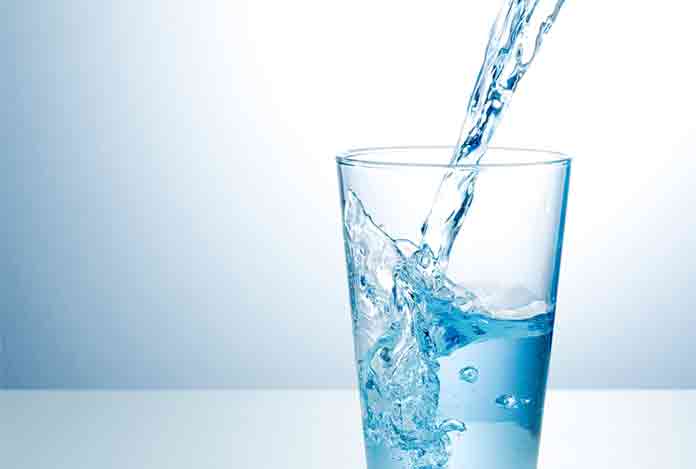
Dietary Don’ts
- Limit dairy intake: It is often believed that a diet free of dairy could do wonders for your skin and health in general. Research has proven that removing cheese and milk from diet can help in reduction of acne. If you cannot completely give up on dairy products, consume only organic dairy products for avoiding hormones. There are many fancy dairy alternatives that are tasty as well. For example, creamy cashew milk which contains 30 calories in one serving.
- Cut down on sugar: According to various reports, the consumption of sugar is quite high among people. Sugar consumption can lead to shifting of hormones in the body. In addition, it can increase the severity of glycation- a process through which digested sugars attach to the collagen in the skin. This leads to poor complexion and break down of collagen. So, it is not only sugar which is bad but also high glycemic foods, as these rapidly convert into sugar.
- Avoid wheat and gluten: A lot of people have been following gluten-free diet. Some people have celiac disease, but a recent study has revealed that around 40% people have some form of intolerance or sensitivity to Green Teagluten. This sensitivity to gluten could lead to a sensitive skin, more prone to having acne and rosacea.
- Avoid salt: A lot of salt consumption makes you body retain water which in turn prevents the elimination of toxins. Salt can irritate pore linings leading to preventing toxins from getting flushed out and causing acne. You can replace salt with some spices such as turmeric or cayenne as these are good for you.
- Know the difference between good fats and bad fats: This is important to take care of your skin. According to the Dietary Guidelines for Americans, around 25-35% of our diet should consist of healthy fats which comprise of polyunsaturated fats, monounsaturated fats, unsaturated fats, and Omega-3 fatty acids. Avoid saturated fats present in dairy products, plant products like palm oil and red meat. The second type of fat to be avoided is trans-fat. This is added to packaged food to preserve them. As per the National Institute of Health (NIH), the absence of good fatty acids causes dry skin.
- Do not eat fried foods: Fried foods have bad fats which fill you up so you do not have good fats. Further, the oil used for frying becomes oxidized and this affects protection from oxidative stress and free radicals. Fried foods are likely to increase your chances of having diabetes and heart diseases. You must go for healthier alternatives so that you satiate your cravings and at the same time protect your skin.
- Say no to yeast: Baked products contain Candida yeast which leads to a process known as glycation, due to which skin ages faster and loses its suppleness. The Center for Disease Control and Prevention (CDC) says candida yeast can enter the body through food and causes rashes, dry skin, and acne breakouts.
- Do away with caffeine: Caffeine is a dehydrating agent and can cause damage to the skin. It can cause stress by triggering stress hormone known as cortisol. Stress shows on your skin leading to a dull complexion, speeding up the signs of aging, creating fine lines and wrinkles because of dehydration.
- Do not use artificial sweeteners: With use of artificial sweeteners, your complexion may go downhill. Resistance to insulin can aggravate acne. Although artificial sweeteners are not really sweet, they can trick your brain to think that you are consuming sugar. You may suffer from complexion issues if you depend too much on artificial sweeteners.
- Reduce alcohol consumption: Alcohol dehydrates you which in turn can lead to a dull complexion. It can cause acne, spider veins, and facial flushing. For every drink, make sure that you drink one glass of water to stay hydrated.

